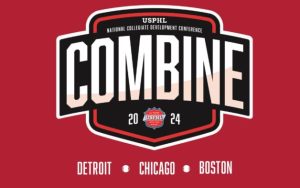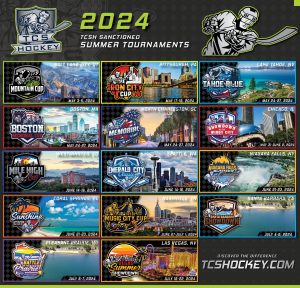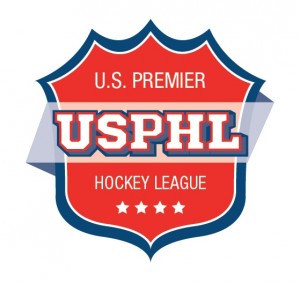AHU Coach’s Corner: Coaching hockey can be broken down into seven principles
 A successful hockey team and program can be run just like a successful business, relatively speaking.
A successful hockey team and program can be run just like a successful business, relatively speaking.
There are a lot of parallels in how you plan and operate your hockey team with running a competitive company.
What is it that you hope will be the identity of your team or program? What are your goals for the current season? What about your goals for the upcoming games? How about this week of practice? What about today’s practice?
You have to have both short- and long-term goals in order to get the most efficiency out of your operation. You need to have the staff and the resources in place to be able to accomplish those goals. Set your goals realistically. Be prepared. Step back occasionally and monitor and measure progress. If you fail to plan, you are planning to fail.
Take Stephen R. Covey’s “Seven Habits of Highly Effective People.” Let’s examine these habits and apply them to our hockey program/team.
Habit 1 – Be Proactive: If you are prepared for possible problems and situations, you can better respond. You can choose how to handle difficult situations, using your resourcefulness and initiative to explore solutions, instead of waiting for them to be worked out by other people or factors.
Habit 2 – Begin With the End in Mind: Develop a mission statement based upon principles. You can extend that mission statement long-term and have the roadmap be representative of those principles every step of the way.
Habit 3 – Put First Things First: You should spend time doing the things that fit your mission. Exhibit a balance between being productive and building your capacity to be productive. In hockey terms, put together systems to build team chemistry, but also focus on the fundamentals that will allow the individual players to execute within those systems.
Habit 4 – Think Win/Win: Seek arrangements that are mutually beneficial to your players, your team and your program as a whole. If a win/win deal cannot be achieved, you must accept that making no deal might be the best alternative. Be sure to properly develop organizational culture by rewarding win/win behavior and do not mistakenly reward win/lose behavior.
Habit 5 – Seek First to Understand, Then to Be Understood: Seek to understand your players and coaches and then try to be understood. You must realize the perspective from which your coaches and players are observing and participating in order to make progress as a unit. Why are your players here? What are their individual goals? What about your coaches? Are they just helping out? Or do they have bigger plans for a career?
Habit 6 – Synergize: Basically put, 1 + 1 = 3. That means take the individual parts and find a way for them to work together to achieve more than the sum of the individuals. The best teams usually are the ones who epitomize synergy on the road to a championship. It’s not always the teams with the best players.
Habit 7 – Sharpen the Saw: Sometimes take a break from working in order to expand the potential of your players, team and program. Refresh and renew the physical, mental, social/emotional and sometimes spiritual dimensions of your players and coaches. It’s important to maintain a balance of these dimensions. It can’t always be about focusing on fundamentals, systems and working out. Players and coaches need regular maintenance and opportunities to expand as people, not just hockey participants.
Take some time to read this book if you have an opportunity. It can be very helpful for players, coaches, and anyone who wants to organize a path or give meaning to their life in a structured environment.
Mike Bowman is the head coach and general manager of the Phoenix Knights Tier II junior team in the Western States Hockey League.









